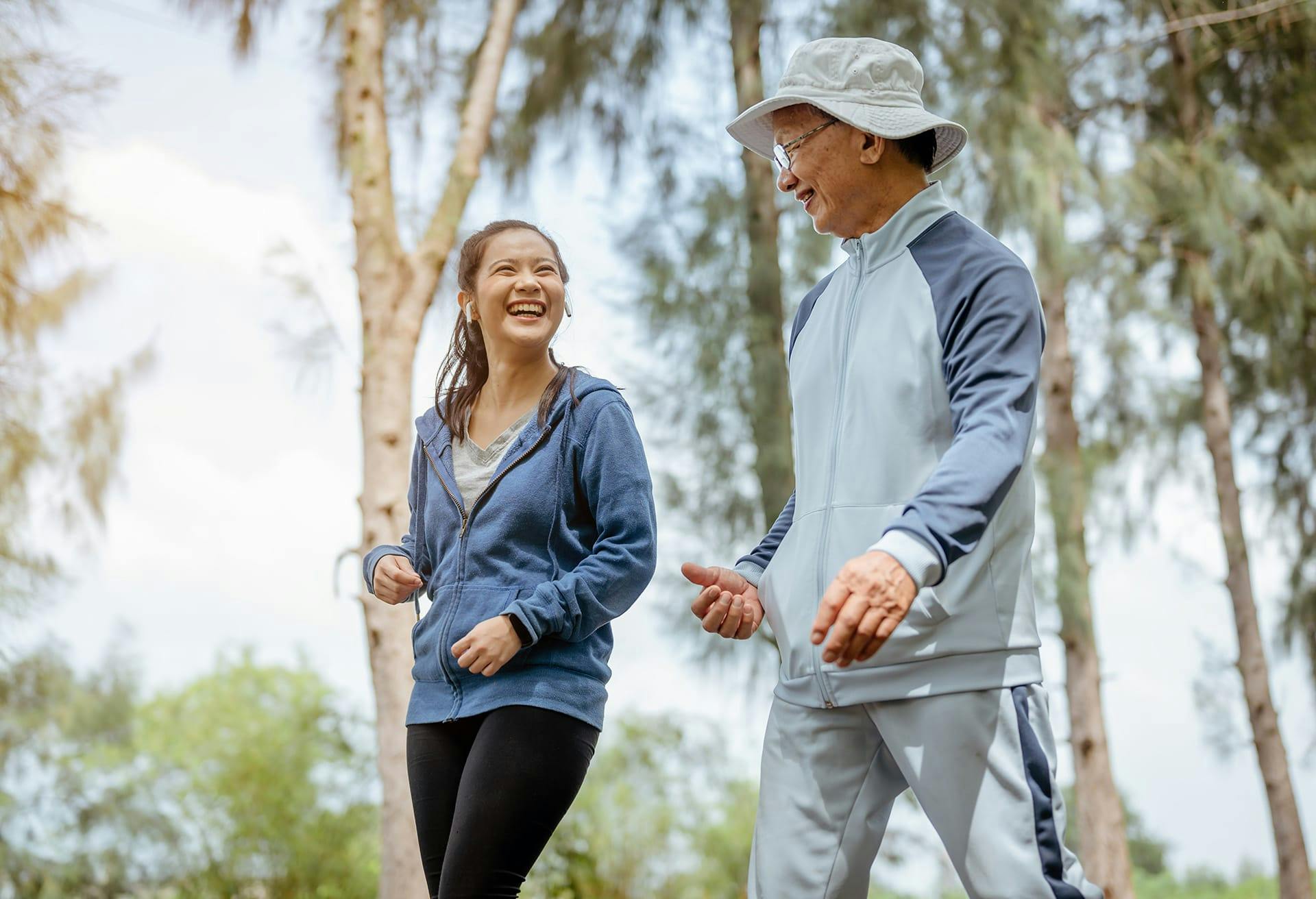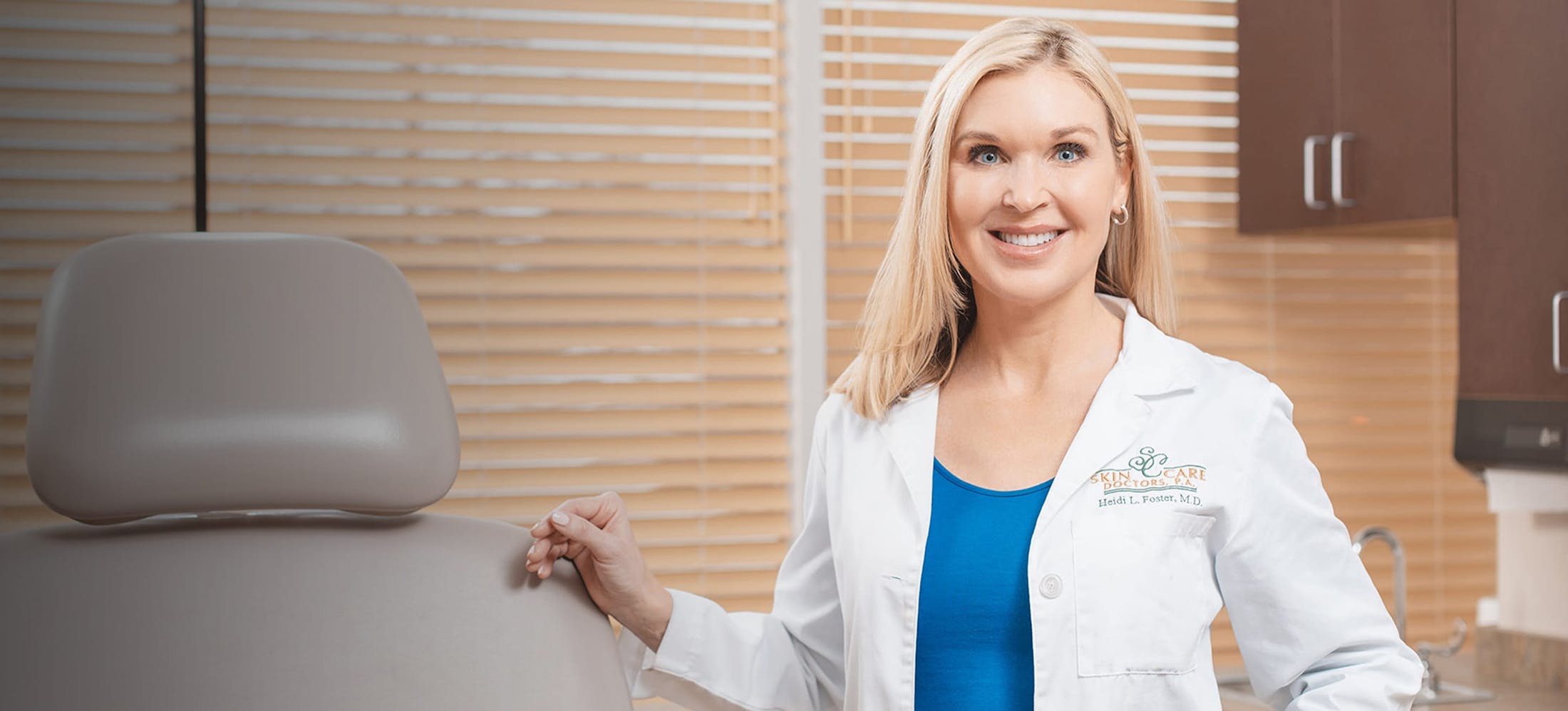While not as serious as deep vein thrombosis (DVT), superficial vein thrombosis (SVT) is a medical condition where a blood clot forms in your vein, and having it treated at Spartz Vein can prevent potential discomfort or complications.
Symptoms of SVT
The symptoms of superficial vein thrombosis can vary depending on the location and severity of the clot; however, some common symptoms include the following:
- Pain or tenderness in the affected area
- Swelling or redness in the affected area
- Warmth or heat in the affected area
- Hardening or thickening of the vein
- Visible veins that are reddish or bluish





